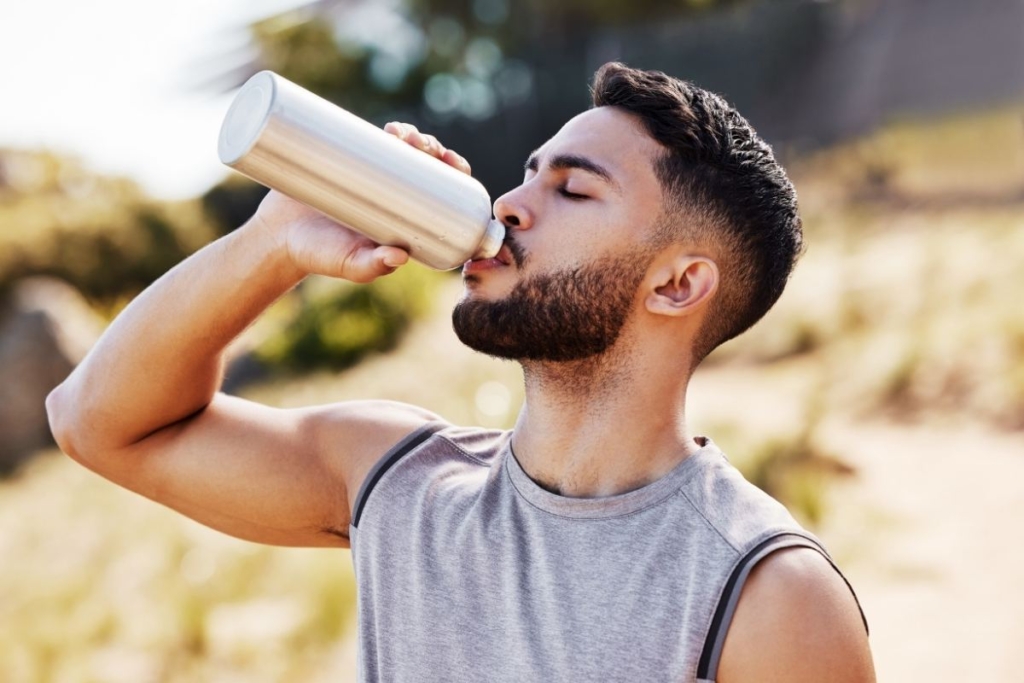Drinking alcohol is a popular social activity that is enjoyed by many people all around the world. While occasional, moderate drinking may have some health benefits, excessive and long-term alcohol use can harm many organs, including the lungs. Alcohol has a well-known harmful effect on the liver and heart, but its impact on lung health is sometimes overestimated. In this post, we’ll look at several tried-and-true techniques for protecting your lungs from alcohol-related harm, giving you the information you need to choose alcohol intake wisely and maintain your respiratory health.
Understanding the Lung Effects of Alcohol
It’s critical to comprehend how alcohol affects the respiratory system before learning how to safeguard your lungs from alcohol-related harm. Alcohol is a depressant that can impact the central nervous system, which can cause changes in behavior, such as slurred speech, loss of coordination, and other issues. Although these effects only last a short while, alcohol can have more serious long-term effects on the lungs.
moderate use of alcohol
Moderation is one of the best strategies to protect your lungs from the harm that alcohol may do. The secret is to drink alcohol in moderation. Up to one drink per day is considered moderate drinking for women, whereas up to two drinks per day are considered moderate drinking for males. The danger of lung damage and other health issues is considerably increased when these thresholds are exceeded.
Do not binge drink.
The effects of binge drinking, which entails taking a lot of alcohol quickly, can harm your lungs. Along with impairing judgment and decision-making, it raises the risk of serious lung injury. It’s imperative to avoid binge drinking altogether if you want to safeguard your respiratory health.

Keep hydrated.
Alcohol is a diuretic, which means it causes more pee to be produced and can cause dehydration. Dehydration can impair lung function, making it more difficult for the respiratory system to perform at its best. To combat this, drink lots of water to maintain proper hydration while ingesting alcohol.
Antioxidants
Alcohol can cause the body to produce damaging free radicals, which can cause oxidative stress and inflammation. Lung tissues may become damaged by this oxidative stress. Include foods high in antioxidants, such as fruits, vegetables, and nuts, in your diet to combat this. Antioxidants can assist in scavenging free radicals and lowering the danger of lung injury.
Exercise consistently
Numerous health advantages of regular exercise include enhancing lung health. Exercise increases lung function and capacity, which can mitigate some of the detrimental effects that alcohol has on the respiratory system. Aim for 150 minutes or more per week of moderate-intensity exercise.
Don’t smoke
Smoking and drinking together might be especially bad for your lungs. Smoking contributes to lung cancer and chronic obstructive pulmonary disease (COPD). It’s imperative to stop smoking or refrain from it altogether to safeguard your lungs from damage from alcohol.
It’s critical for people who are battling alcoholism or addiction to get expert assistance. The impact of chronic alcohol drinking on lung health can be severe and permanent. To overcome alcoholism and lower the risk of lung damage, get the assistance and treatment alternatives you need from a doctor or addiction specialist.
Get Checkups Frequently
Routine medical exams are imperative to keep track of your general health, including lung function. Consult a medical professional if you have a history of alcohol use or concerns about how it may affect your lungs. They can conduct lung function testing and offer advice on how to keep your respiratory system healthy.
Conclusion
There are tried-and-true strategies to protect your lungs and lower the chance of harm, even if alcohol-induced lung damage is a serious worry. You may safeguard your respiratory health by exercising regularly, practicing moderation, drinking plenty of water, eating foods high in antioxidants, and not smoking. It’s critical for anyone battling alcoholism to get expert assistance. By taking these precautions, you can occasionally indulge in a drink while reducing the risk of damage to your lungs and general health. Keep in mind that maintaining good lung health is essential and that doing so requires thoughtful decision-making.




